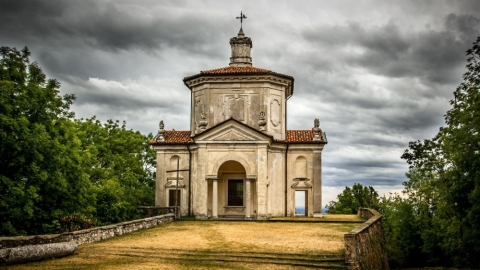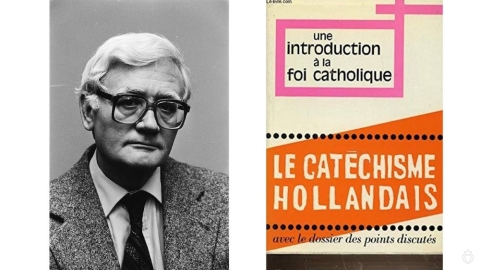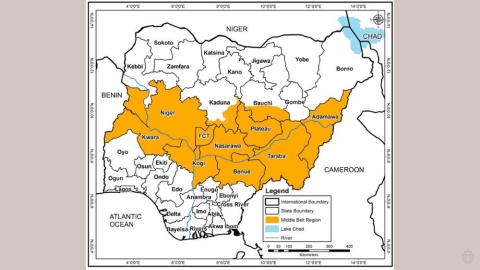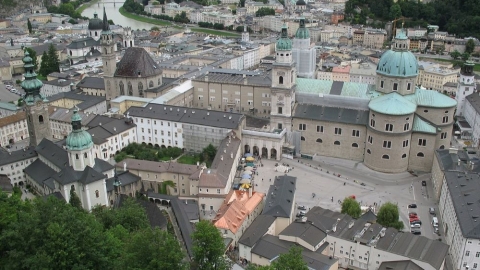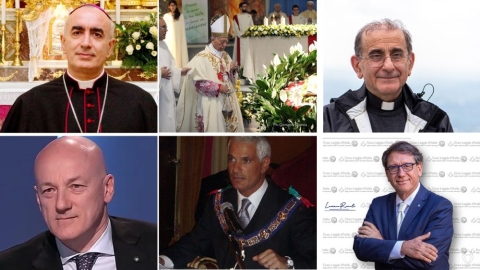India Accelerates Forced Conversions
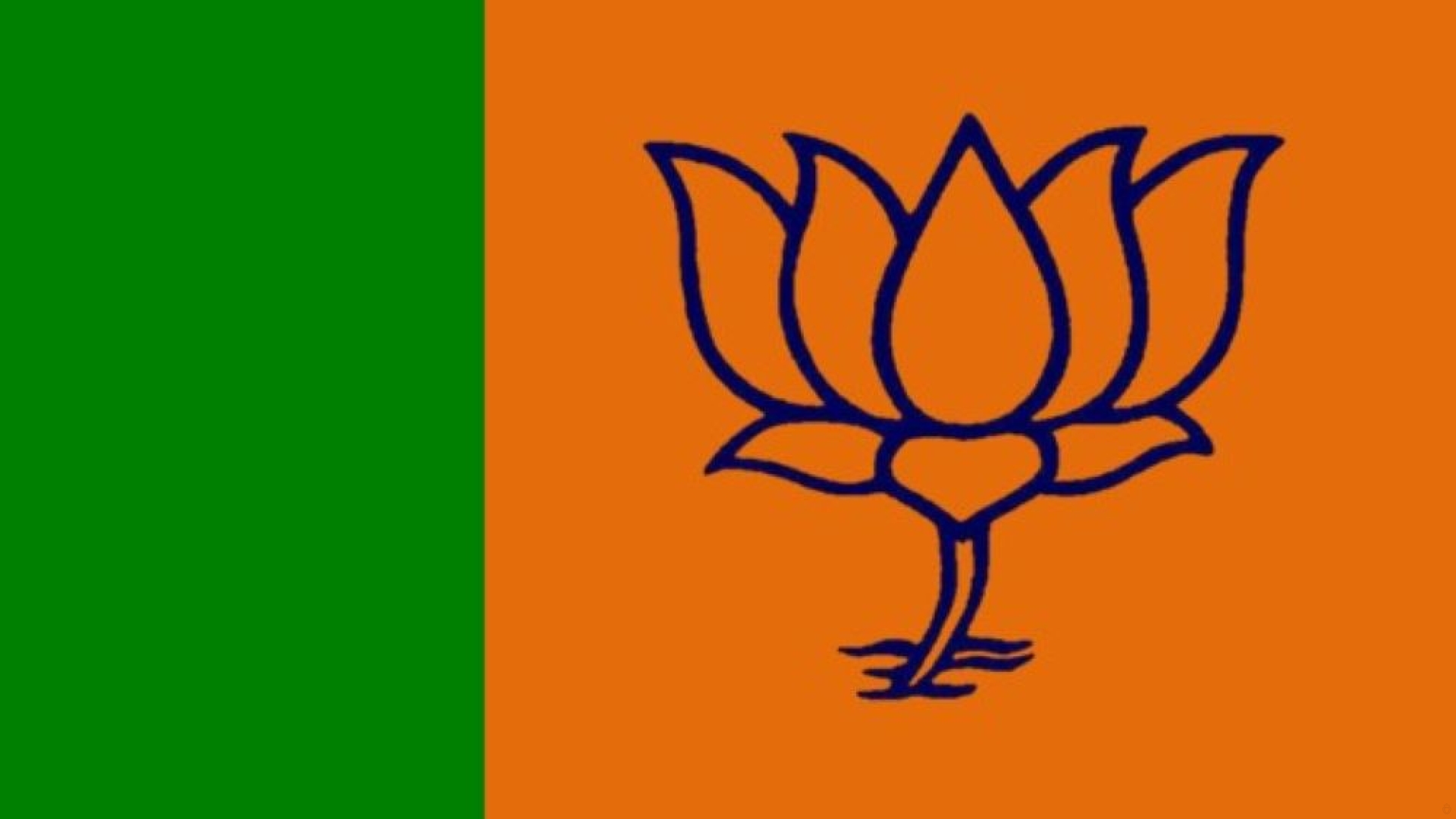
Flag of the Bharatiya Janata Party (BJP)
While Western heads of State seeking an economic boost are making eyes at the nationalist India of Narendra Modi, religious persecution is not weakening in the country of the maharajas. A thousand Christians have recently been forced to return to Hinduism in the center of the country. This movement is accelerating at the approach of the general election, which is due to be held in April 2024.
While Western heads of State seeking an economic boost are making eyes at the nationalist India of Narendra Modi, religious persecution is not weakening in the country of the maharajas. A thousand Christians have recently been forced to return to Hinduism in the center of the country. This movement is accelerating at the approach of the general election, which is due to be held in April 2024.
In India, this is called Ghar Wapsi, or returning home-- a return which does not at all resemble that of the prodigal son, because in the majority of cases it involves forced conversion to Hinduism like those which took place on January 27, 2024, in Chhattisgarh, a State in central India.
A thousand people--all Christians, with the exception of two Muslim families--washed their feet in the water of the Ganges, the ritual of conversion to the religion of the maharajas. This abandonment of the Faith was carried out in the presence of official members of the nationalist party in power--the Bharatiya Janata Party (BJP)--and the Rashtriya Swayamsevak Sangh (RSS) movement from which BJP emerged.
The RSS is the oldest “ethnonationalist” organization in the world: it was created in the mid-1920s by a Nagpur doctor, K. B. Hedgewar, who harbored a boundless admiration for Vinayak Damodar Savarkar, the inventor of Hindu nationalism, also called Hindutva.
In 1923, the latter had published a work, Essentials of Hindutva (later published as Hindutva, Who is a Hindu?), in which he presented the majority community of India--70% of the population of the British Raj at the time--as the embodiment of the nation, the Muslims and Christians being hardly anything but outsiders, or even fifth columns.
It should be noted that Hindus are defined, not so much as members of a religion, but more precisely as a people descendede from the “sons of the soil,” soil being presented as sacred land. Hence the importance, in this context, of eliminating everything which could sully the children of this sacred land--especially foreign religions, including Christianity.
“We are going to intensify the homecomings with all our might,” warns the local secretary of the BJP, Prabal Pratap Singh Judev, who reproaches Christians for having pushed numerous Hindus of Chhattisgarh to “join their sect” by submitting them to “pressures” or by convincing them with “the lure of gain.”
We wonder what gain he speaks of when we know that Christians--ultra-minorities in this State, around 2% of the estimated population of 30 million inhabitants--are considered second-class citizens...
The Catholic hierarchy was quick to react: “it is time that we be united and firm in our Faith, for there will be attempts to divide people in the name of religion, caste, and belief,” warns Archbishop Victor Henry Thakur. The Archbishop of Raipur (Chhattisgarh) believes these forced and publicized conversions will increase: “this is only the beginning, because the general election is going to take place in a few months,” the prelate explains.
The BJP incidentally decided to put the brakes on conversions--more and more numerous--to Christianity in this poor State in central India where the casteless are the majority: among these, some embrace Christianity because they see in it access to the true freedom of the children of God, a notion foreign to Hindu determinism.
“We must stop the conversion of the tribal population in the State. This is a crucial question which must be addressed. We will take all possible measures within the legal framework to stop this,” declared a Deputy Chief Minister of Chhattisgarh on December 20.
Since then, schools, retirement homes, and clinics held by the Church have been in the sights of the authorities. According to the NGO United Christian Forum, based in New Delhi, 148 violent incidents were perpetrated against Christians in Chhattisgarh in 2023.
(Sources : Ucanews/Revue des deux-mondes – FSSPX.Actualités)

